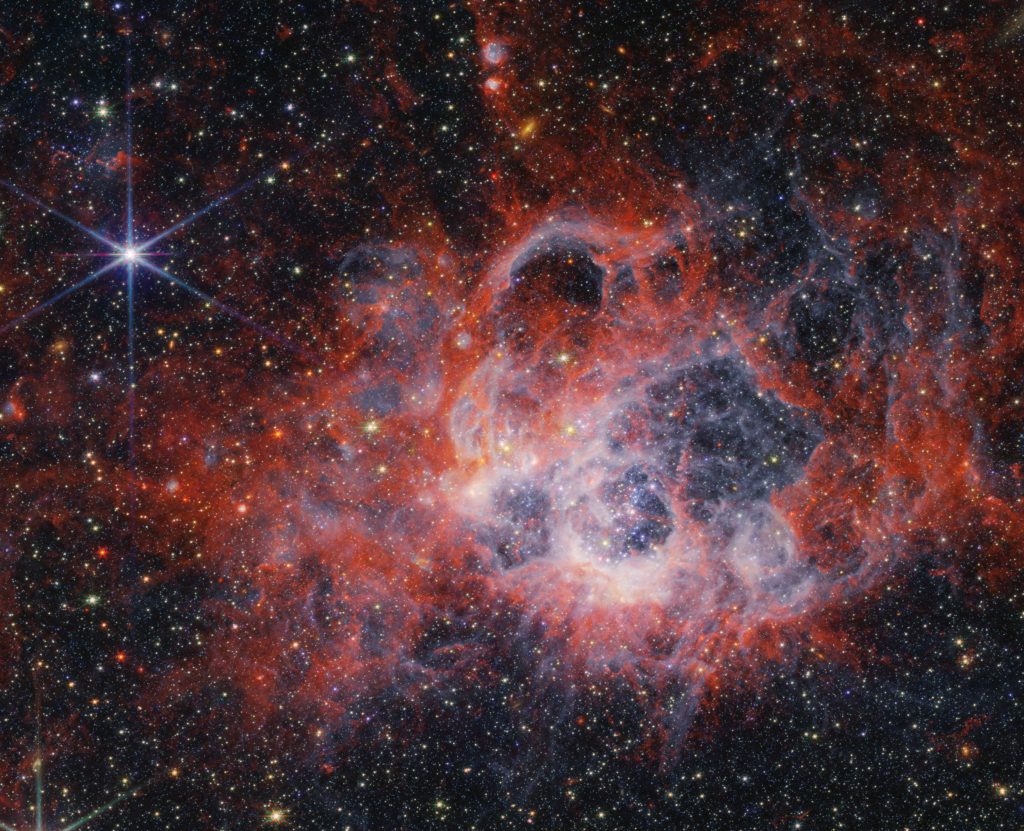ABOUT THE COURSE
Our universe is full of molecules, from the simplest – molecular hydrogen – all the way up to the complex molecular structures essential to the chemistry of life on Earth. A large and diverse array of chemical species has been detected not only on planets but in interstellar clouds, in regions of star formation, in protoplanetary disks, and in comets and meteorites within the solar system. But how and when was all this material formed, and how does it evolve over time? How much molecular content is inherited from one stage of star and planet formation to the next? What role does the chemistry of the universe through cosmic time play in the origins of life? A major unanswered question remains whether the molecules essential to life were produced on the early Earth (endogenous origin), or whether they were produced in the parent interstellar medium or planet-forming disk and delivered to Earth via asteroids, comets and their meteoritic remains (exogenous origin).
This lecture course will be devoted to astrochemistry and the exploration of topics related to the chemical origins of life. In 18 lectures from the world-leading experts, we will discuss the history of the early molecular universe starting from the Big Bang; environmental conditions and key physico-chemical processes in space; astronomical observations (from ground to space) of objects of astrochemical interest; chemical models describing astrophysical environments and their reaction networks; key laboratory techniques and approaches for studying astrochemical processes; chemistry in specific environments, such as the interstellar medium, protoplanetary disks, and atmospheres of (exo)planets; exogenous synthesis and delivery of biomolecule precursors; and, finally, evolution of these precursors on the early Earth.
GALS is aimed at providing a broad overview of scientific issues, problems, achievements, and open questions in astrochemistry; and at helping senior undergraduate and postgraduate students as well as early career scientists to expand their interests and develop a firm understanding of this area, sufficient to choose an appropriate direction for their future career. The course is open to students and scientists from all over the world, but the organizers reserve the right to be selective in terms of access and to limit the total number of participants.
In the coming years, GALS will consist of two parts: 14 core lectures and 4 special lectures. There will be a new topic for special lectures every year. For the coming semester, we have chosen JWST.
